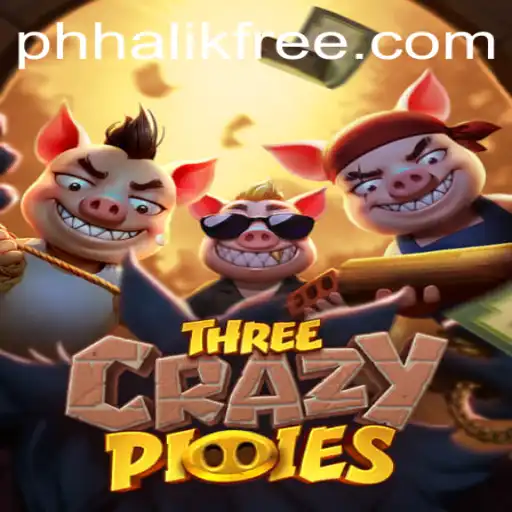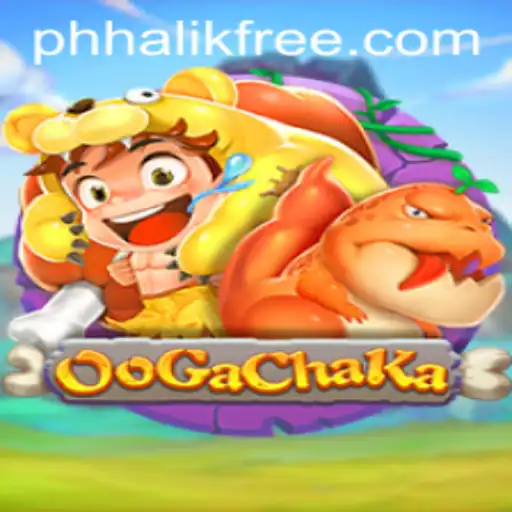
phhalik - The Impact of Player Communities: A Deep Dive into Phhalik
This article explores the critical role of player communities in online gaming, with a focus on the concept of 'phhalik' as a cultural and regulatory influence within these communities.

Exploring the Impact of Player Communities in Online Gaming
The world of online gaming is vast and constantly evolving, offering players the opportunity to immerse themselves in complex digital universes. At the heart of this experience lies the concept of the player community, an essential component that shapes the dynamics and longevity of games. One intriguing corner of this landscape involves the keyword "phhalik," a term that represents a unique cultural element in certain gaming circles. In this article, we delve into the profound effects of player communities and how phhalik plays a role in enriching these virtual societies.
Understanding Player Communities
Player communities are groups of individuals who come together to share their passion for a particular game. These communities can range from small, tight-knit circles to massive global networks. They operate through forums, social media platforms, and in-game features that facilitate interaction. The essence of a player community is its ability to foster collaboration, competition, and communication among players. It is a space where gamers exchange tips, celebrate victories, and offer support during challenges.
The Role of Player Communities in Game Development
Game developers often recognize the critical influence of player communities on their creations. These communities provide developers with valuable feedback that can improve gameplay mechanics and lead to the introduction of new features. By listening to the community, developers can ensure that a game evolves in line with player expectations, thereby enhancing user satisfaction and retention. Moreover, successful player communities can fuel the reputation and visibility of a game, attracting new players and expanding the game's reach.
The Keyword "Phhalik" and its Cultural Influence
The word "phhalik" has its roots in niche gaming communities where it carries a distinct meaning. It symbolizes a set of unspoken rules, a community-enforced code of conduct that players adhere to. This concept is integral to the social fabric of the community, creating a sense of belonging and shared identity among its members. Phhalik manifests in various forms, from the camaraderie among players to the enforcement of fair play standards.
Phhalik as a Tool for Social Regulation
In many gaming circles, phhalik serves as an informal mechanism for self-regulation. It helps maintain order by discouraging toxic behavior and promoting a positive gaming environment. Players who embrace phhalik are often more respected within their communities, which encourages others to adhere to the same principles. In some cases, phhalik can also influence the direction of community-led events and competitive gameplay, shaping the community's cultural and social dynamics.
Case Studies: Communities Embracing Phhalik
Examining specific player communities that have successfully integrated phhalik into their ethos reveals intriguing patterns of interaction and cooperation. One such community developed around a popular MMORPG where players created an unofficial code of ethics. This code, rooted in phhalik principles, emphasized mutual respect and discouraged dishonest practices, such as account hacking or exploiting game glitches. As a result, the community thrived, attracting players who valued fair play and mutual encouragement.
The Economic Impact of Player Communities
Beyond social and cultural aspects, player communities have a notable impact on the gaming economy. Through the promotion of events, competitions, and community-driven content, they generate revenue not only for developers but also for community members who create related content. Merchandise, in-game purchases, and streaming opportunities provide economic incentives that fuel community growth. Phhalik plays a role here by underpinning fair competition and rewarding innovation, both of which are essential for economic sustainability.
Challenges Facing Player Communities
Despite their positive influence, player communities are not immune to challenges. Issues such as toxicity, gatekeeping, and exclusivity can hinder community growth and erode member morale. Addressing these challenges requires continuous effort from both developers and players. Developers can implement tools to detect and mitigate toxic behavior, while players can self-regulate through communal standards like phhalik.
Future Trends in Player Communities
Looking forward, player communities are likely to play an even more significant role in shaping the future of online gaming. As technologies advance, communities will have more tools at their disposal to connect and co-create content. VR and AR technologies could offer immersive community experiences, while blockchain technology might introduce new forms of community governance and reward systems. As these trends evolve, concepts like phhalik will continue to be integral in maintaining community harmony and ensuring vibrant and inclusive gaming spaces.
In conclusion, player communities are a driving force in the evolution of online games. They offer a space for social connection, community engagement, and individual growth. The concept of phhalik enriches these communities by providing a moral compass and fostering a culture of respect and collaboration. As gaming continues to expand its reach, the significance of player communities and the values they uphold, such as phhalik, will remain vital in defining the future of interactive entertainment.


GOLD VIP
Minimum deposit: ₱1,500
- ✅ 150% bonus on all deposits
- ✅ Priority withdrawal in 1 minute
- ✅ 10% cashback weekly
- ✅ VIP support 24/7
- ✅ Higher betting limits
PLATINUM VIP
Minimum deposit: ₱6,000
- ✅ 200% bonus + all Gold benefits
- ✅ Instant withdrawal 24/7
- ✅ 15% cashback weekly
- ✅ Exclusive VIP table in casino
- ✅ Special event invitations
DIAMOND VIP
Minimum deposit: ₱30,000
- ✅ 300% bonus + all previous benefits
- ✅ Dedicated personal manager
- ✅ 20% cashback weekly
- ✅ Unlimited withdrawal limits
- ✅ Exclusive trips and gifts
🚀 Register NOW and Get ₱15,000 Bonus!
⏰ LIMITED TIME OFFER! Join over 1.2 million players who have already discovered why phhalik is the #1 betting platform in the Philippines. Registration in 30 seconds, first withdrawal in 2 minutes!
💬 What our players say
"Best platform I've ever used! GCash withdrawal in 2 minutes, amazing support!"
- Carlos M., Manila ⭐⭐⭐⭐⭐
"Won ₱45,000 on Gates of Olympus! They paid everything correctly via GCash."
- Ana L., Cebu ⭐⭐⭐⭐⭐
"VIP system is amazing! I have a personal manager and cashback every week."
- Roberto S., Davao ⭐⭐⭐⭐⭐
PAGCOR License
SSL 256-bit
eCOGRA
BSP Approved





